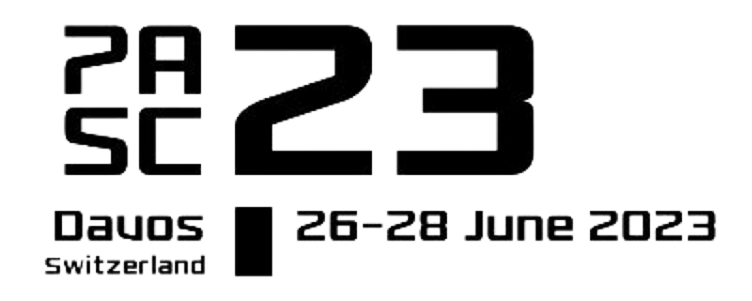Presentation
Fostering Interdisciplinary Research in Materials Modelling by Composable Julia Software
Presenter
DescriptionAiming for simple code composability and a language that appeals to researchers all across computational science have always been the key goals of the Julia programming language. I will illustrate the advantages this brings with respect to interdisciplinary research and sketch the current state of the Julia ecosystem in materials modelling. In particular I will focus on the density-functional toolkit (DFTK), a density-functional theory we started about 4 years ago. With 7000 lines of code the package is highly accessible. At the same time Julia's composable programming paradigm allows (a) a seamless integration with standard HPC libraries (MPI, CUDA) and (b) to take advantage of unique features such as algorithmic differentiation. This has already enabled cross-disciplinary advances on error estimation or the developments of more robust algorithms. Notably, a number of these works involved undergraduates or PhD students from mathematics and computer science directly testing their work on relevant application simulations. Moreover the simplicity by which Julia enables code composability has stimulated joint initiatives to design common interfaces for sharing data within the young ecosystem. At the same time these efforts allow integrating with existing libraries outside Julia to avoid reinventing the wheel.
TimeTuesday, June 2711:00 - 11:30 CEST
LocationSchwarzhorn
Session Chair
Event Type
Minisymposium
Chemistry and Materials


